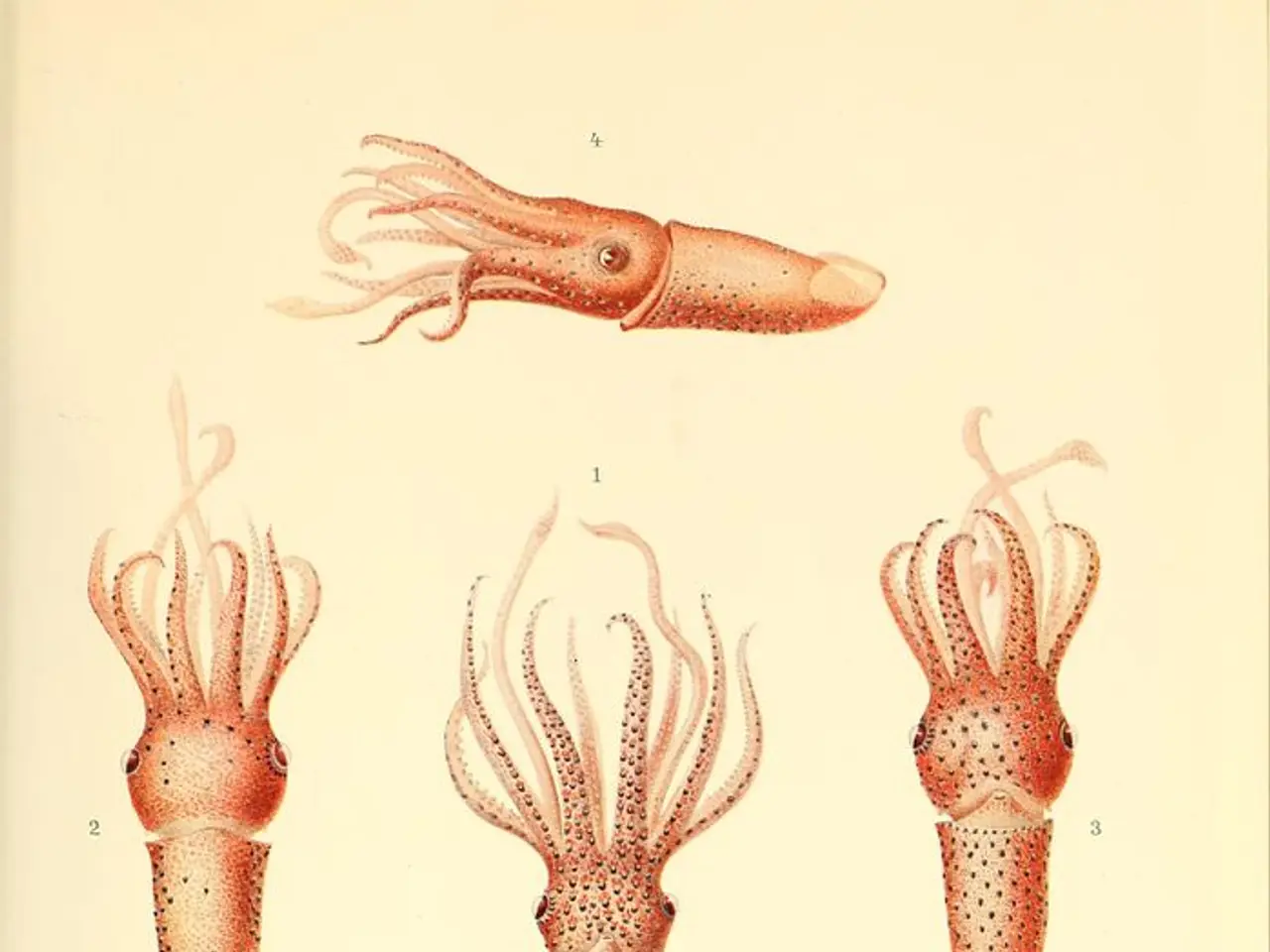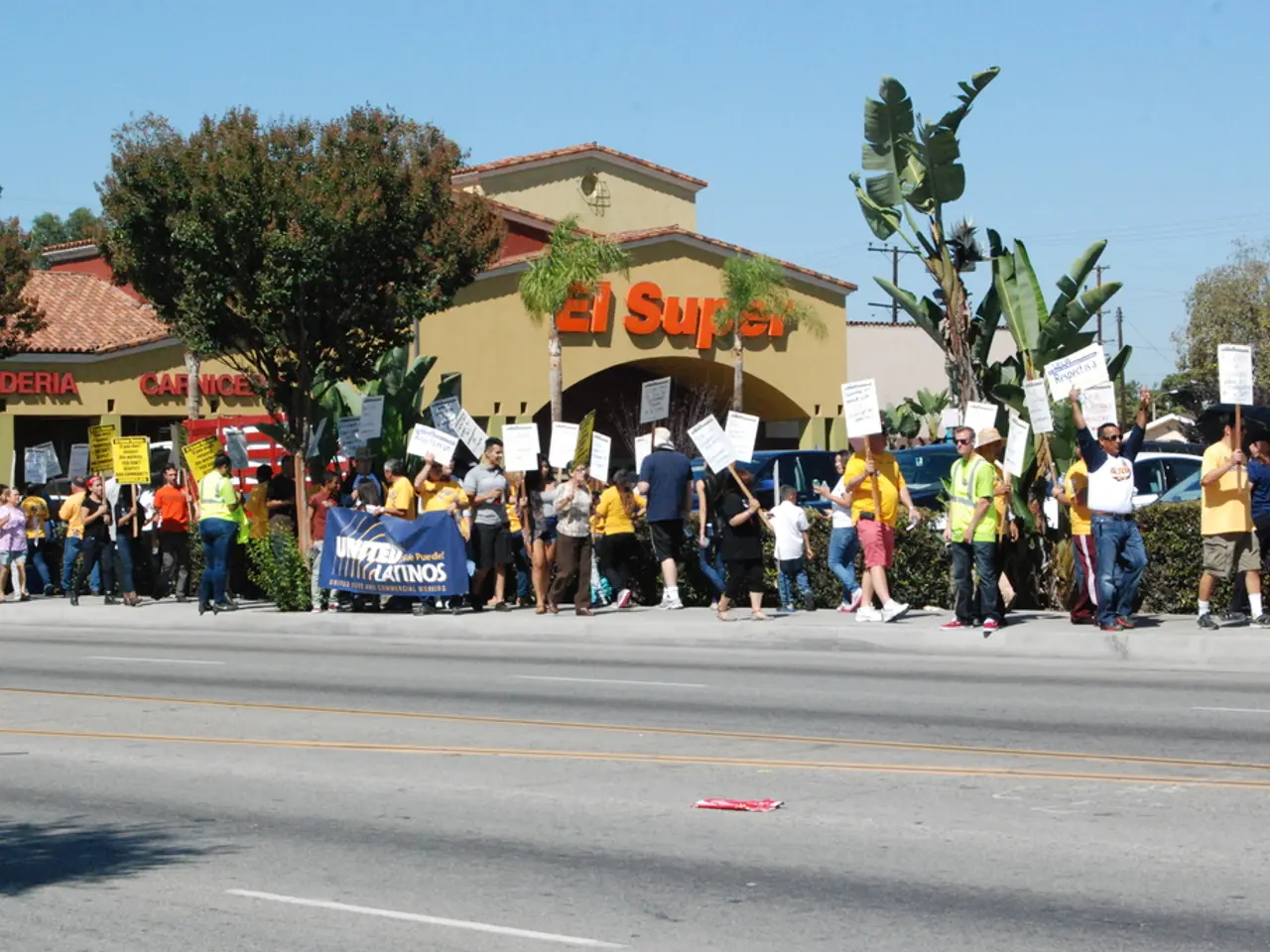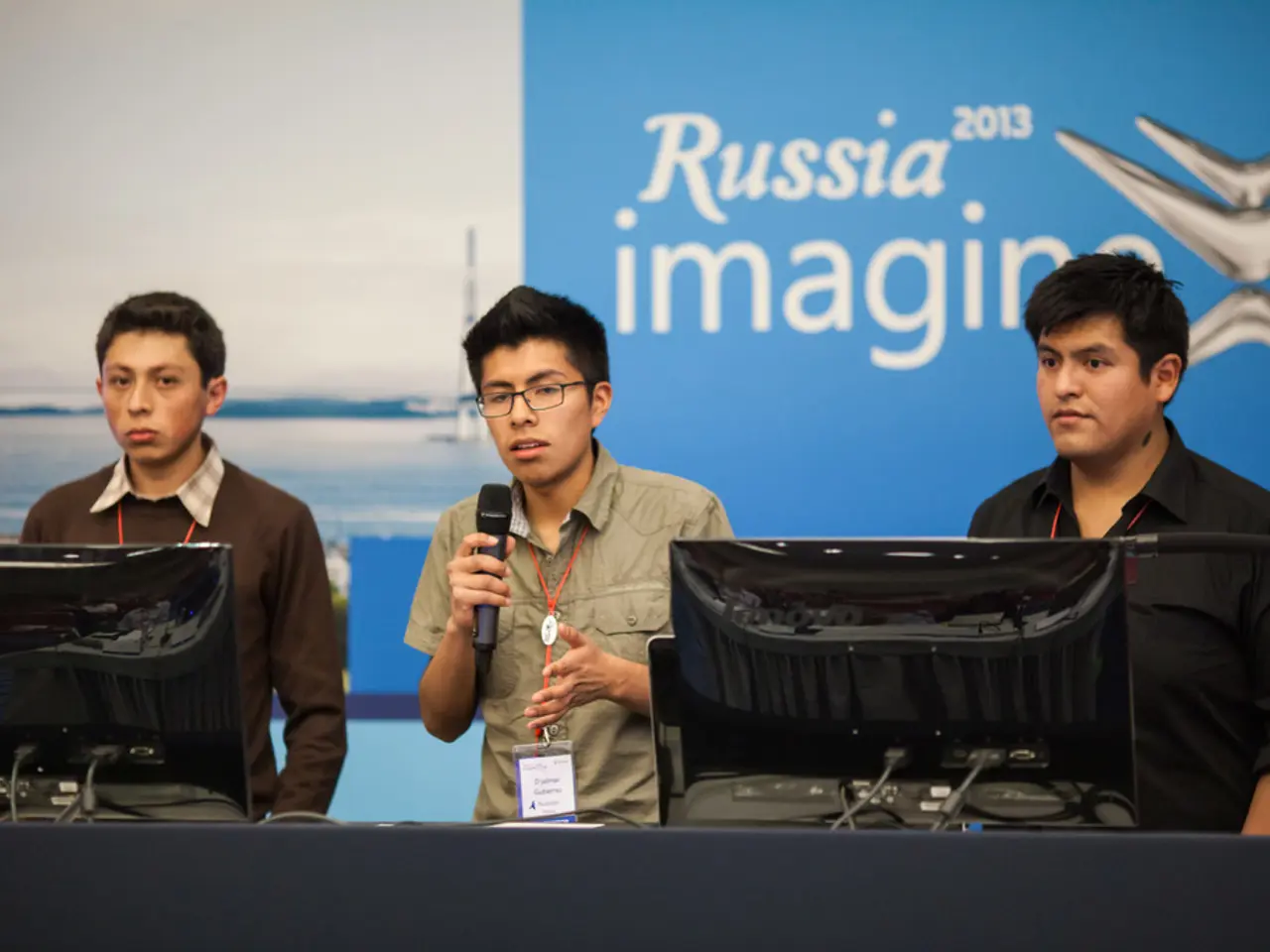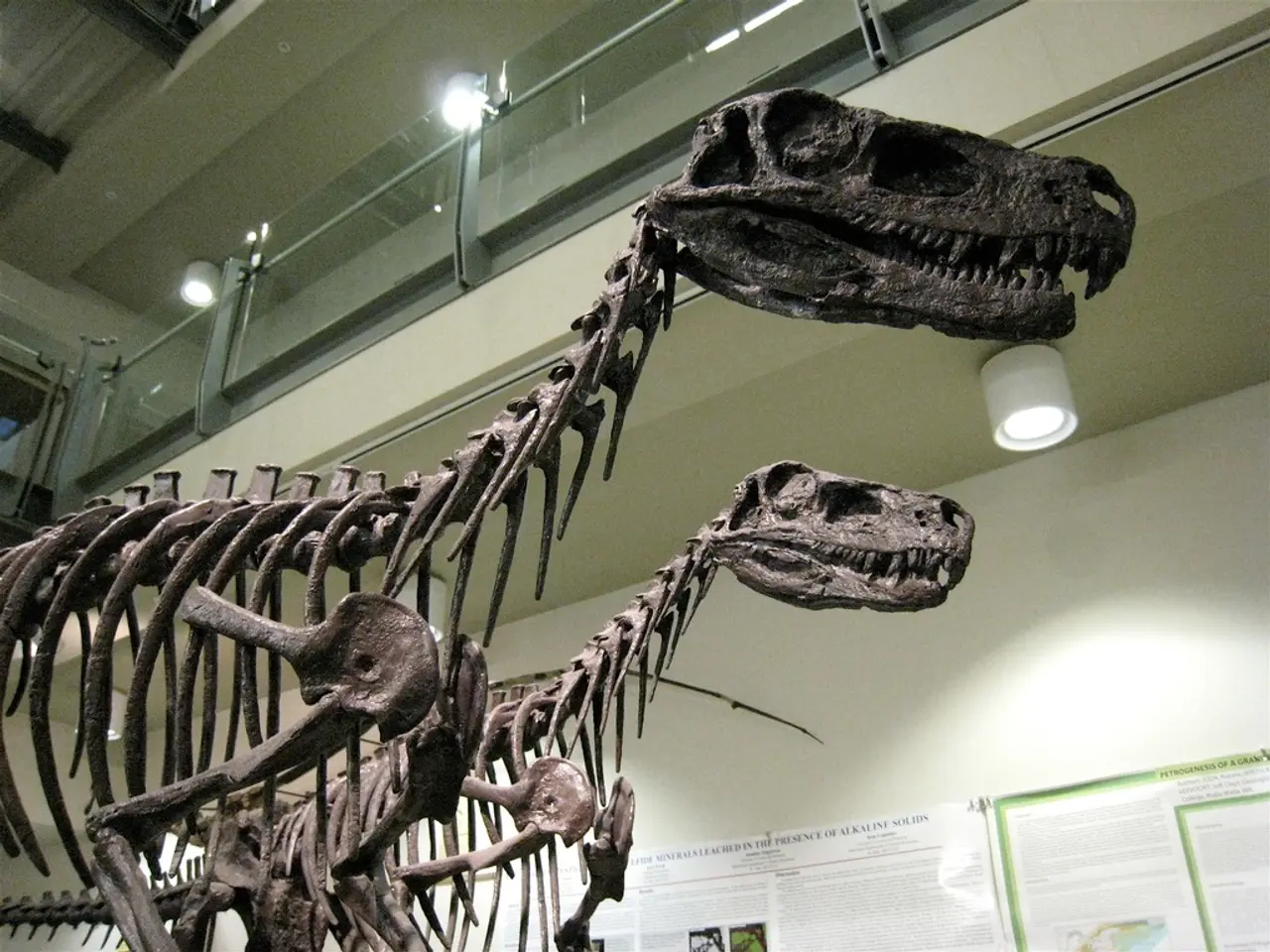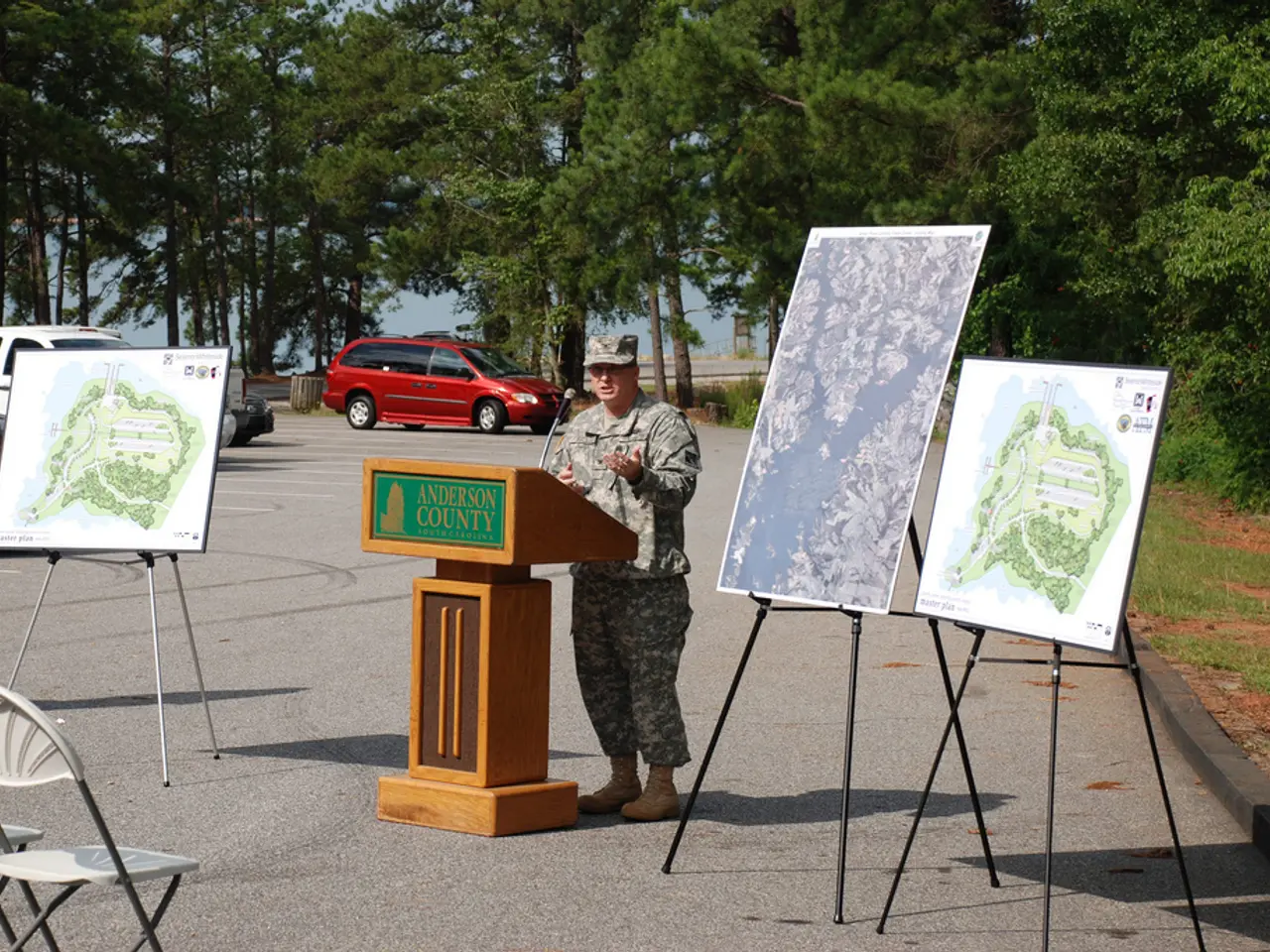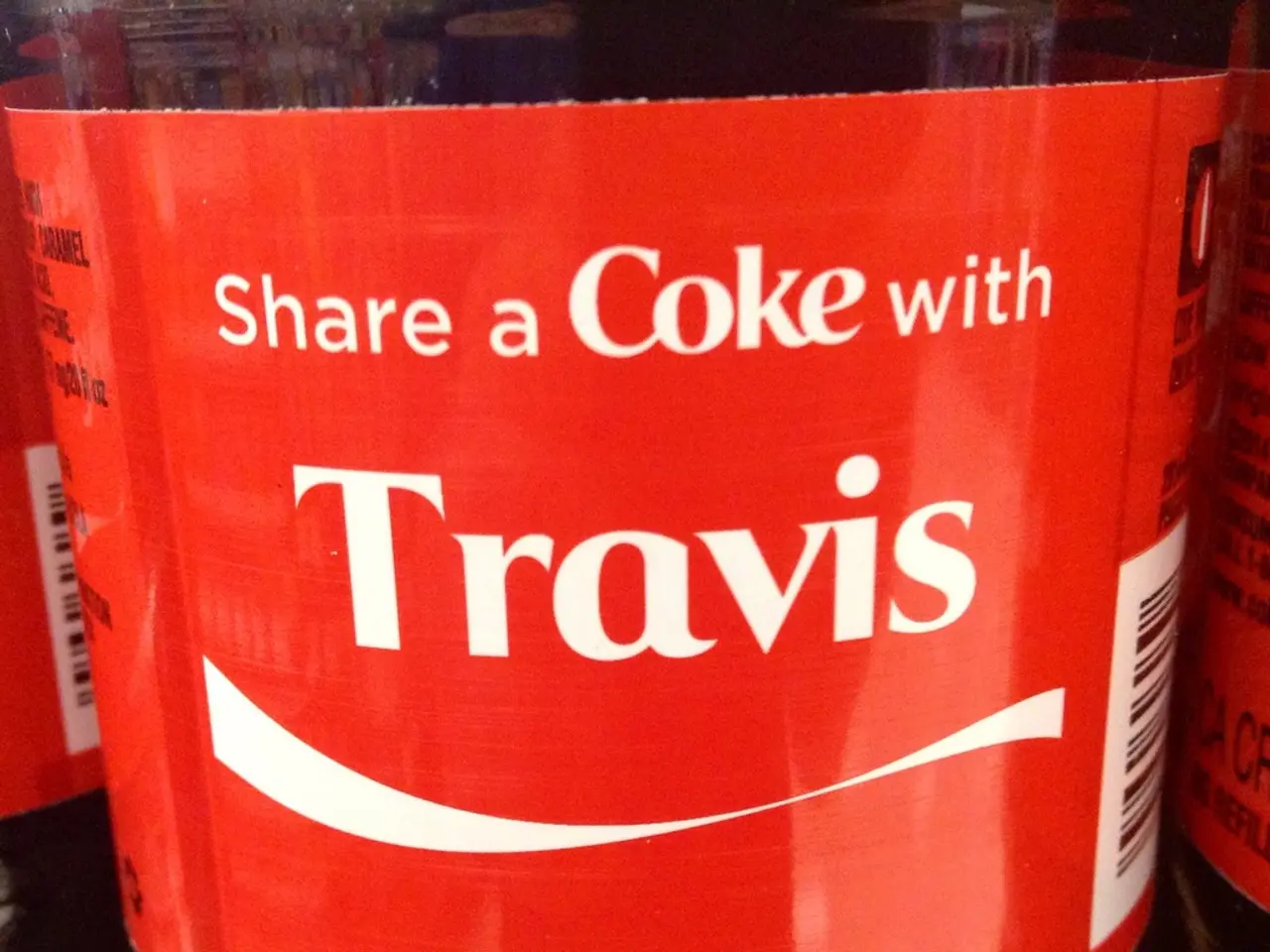The Strategic Relationship between EU and Indo-Pacific: Who are the Allies?
The European Union is set to convene a conference aimed at clarifying its vision for the Indo-Pacific, addressing the concerns of both western partners and Indo-Pacific countries. The event, scheduled for January 2022, will be presided over by France during its six-month tenure as the EU Council's presidency.
The conference, which will span two days, will feature a series of sessions chaired by esteemed experts from various institutions, including King's College London, the German Institute for Global and Area Studies, and the Institut de Recherche Stratégique de l'École Militaire.
One of the key discussions will centre around the EU's and its member countries' perspectives on the Indo-Pacific region, scheduled from 9:00 to 13:00 on Day 1. This session will be chaired by Marjorie Vanbaelinghem from the Institut de Recherche Stratégique de l'École Militaire. Participants include Garima Mohan from the German Marshall Fund - Berlin, Alessio Patalano from King's College London, and Raphaëlle Khan from the City University of New York.
Another session, from 14:30 to 16:30 on Day 1, will delve into potential western partners for Europe in the Indo-Pacific. This session will be chaired by Patrick Köllner from the German Institute for Global and Area Studies.
The Indo-Pacific region anticipates a more significant role from Europe, particularly the EU and its member states like France. Countries such as Japan, India, and ASEAN nations value Europe's contribution to maritime security, freedom of navigation, and adherence to international law, which are crucial for maintaining regional stability. Economically, the region sees potential in expanded ties with Europe, including trade agreements and investment opportunities to diversify their partnerships beyond traditional ones like the US and China. Strategically, the region's countries are keen on seeing Europe act as a balancer, helping to mitigate the effects of the US-China rivalry and promoting a multipolar order.
However, the EU faces challenges in coordinating its diverse member states' interests and projecting a unified policy in the Indo-Pacific. France's role as a resident power in the region could help bridge this gap. The EU's emphasis on promoting international law and multilateralism aligns with the aspirations of many Indo-Pacific nations, offering opportunities for strategic partnerships and cooperation on issues like climate change and security.
The conference will also focus on the security issues arising from the military build-up in the region, where China is expanding its influence. A session dedicated to this topic will take place from 14:00 to 17:30 on Day 1, chaired by Guibourg Delamotte from the Institut National des Langues et Civilisations Orientales.
The keynote address on Day 1 will be given by Christophe Pénot, Ambassador for the Indo-Pacific, French Ministry for Europe and Foreign Affairs, discussing France and the European Indo-Pacific Strategy. The conference will conclude with a session on Day 2, focusing on the partners of Europe in the Indo-Pacific region, chaired by Delphine Alleès from the Institut National des Langues et Civilisations Orientales.
In conclusion, while there is a general consensus on the need for European engagement in the Indo-Pacific, the EU's approach must balance its own internal dynamics with the strategic interests of regional partners. Paris aims to make the Indo-Pacific a key component of the EU's foreign policy, and the forthcoming conference is a significant step towards achieving this goal.
- The conference, scheduled for January 2022, will include discussions on the European Union's (EU) policy-and-legislation towards the Indo-Pacific region, as part of the two-day event aimed at clarifying the EU's vision for the region.
- The session chaired by Delphine Alleès from the Institut National des Langues et Civilisations Orientales on Day 2 of the conference will focus on politics and general-news related to the partners of Europe in the Indo-Pacific region.
